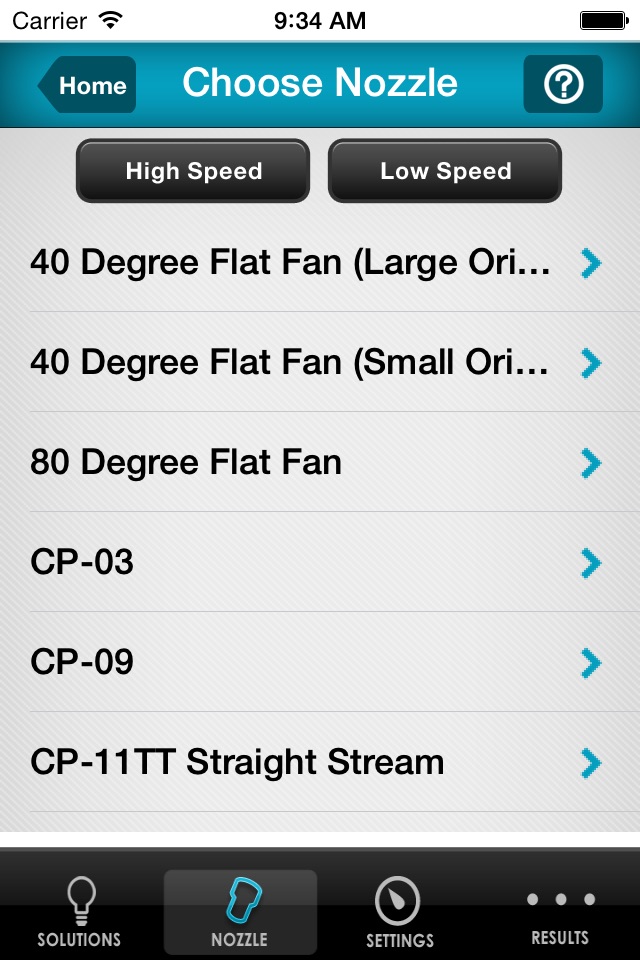
Aerial Sprays
Forfatter: United States Department of Agriculture, Agricultural Research Service
The Aerial Application Technology team is a research group within the United States Department of Agriculture’s (USDA), Agricultural Research Service (ARS). We are responsible for conducting and reporting research that supports the nation’s aerial applicators, who in turn, work with farmers and other producers to protect and supply the nation’s food and fiber crops. To make the most efficacious application to a field or orchard, aerial applicators select specific operational parameters (such as spray nozzle type, spray pressure, airspeed, etc…) that will result in spray droplet sizes that produce maximum on-target deposition of the applied product with minimal off-target movement. The Aerial Application Technology team has developed a series of computer models that easily allow applicators to predict the resulting spray droplet size parameters using their selected operational parameters.
There are currently 19 nozzle models available for use (10 for nozzles for fixed-wing aircraft and 9 for nozzles used for helicopters). The fixed-wing models are applicable for airspeed ranges from 100 – 160 mph while the rotary-wing models are applicable for airspeeds from 30 – 100 mph. These models have been available and widely used for a number of years as a series of downloadable spreadsheets. This app adds additional functionality through the increased mobility and a streamlined interface.
The spray nozzle models provide applicators with estimates of spray droplet size based on four input parameters that are set by the user. These include:
* Nozzle Orifice Size
* Nozzle Orientation
* Spray Pressure
* Airspeed
Using the user specified values for these parameters, the models return to following results:
* DV0.1, DV0.5, and DV0.9
o Droplet size (in µm) such that 10, 50, or 90% of the spray volume, respectively, is contained in spray droplet sizes of equal or less.
* %Vol<100µm and %Vol<200µm
o The percentage of spray volume in droplets smaller than 100 or 200 µm, respectively.
* Droplet Size Classification
o The size classification of the resulting spray based on an engineering standard (ASABE S572 (www.asabe.org).
The results, along with the initial parameters, are time and date stamped and can be saved to the user’s device and/or emailed.
This app is provided as a public service by the U.S. Dept. of Agriculture-Agricultural Research Service (USDA-ARS). While the information provided is considered public information and may be distributed or copied, it is requested that credit be given to USDA-ARS when using this information. While the Aerial Application Technology team makes every effort to ensure that its databases are error-free, errors do occur. We ask that you notify us immediately of any errors that you discover in our data. We will make every effort to correct them. Reference to any specific commercial products, process, or service by trade name, trademark, manufacturer, or otherwise, does not constitute or imply its endorsement, recommendation, or favoring by the United States Government or USDA-ARS.



